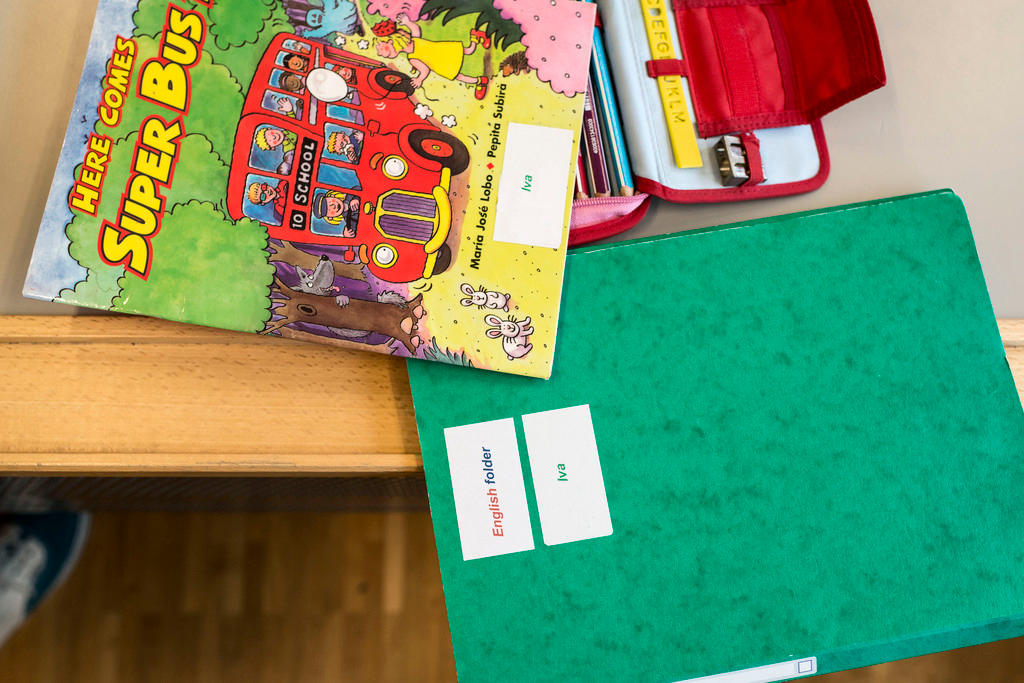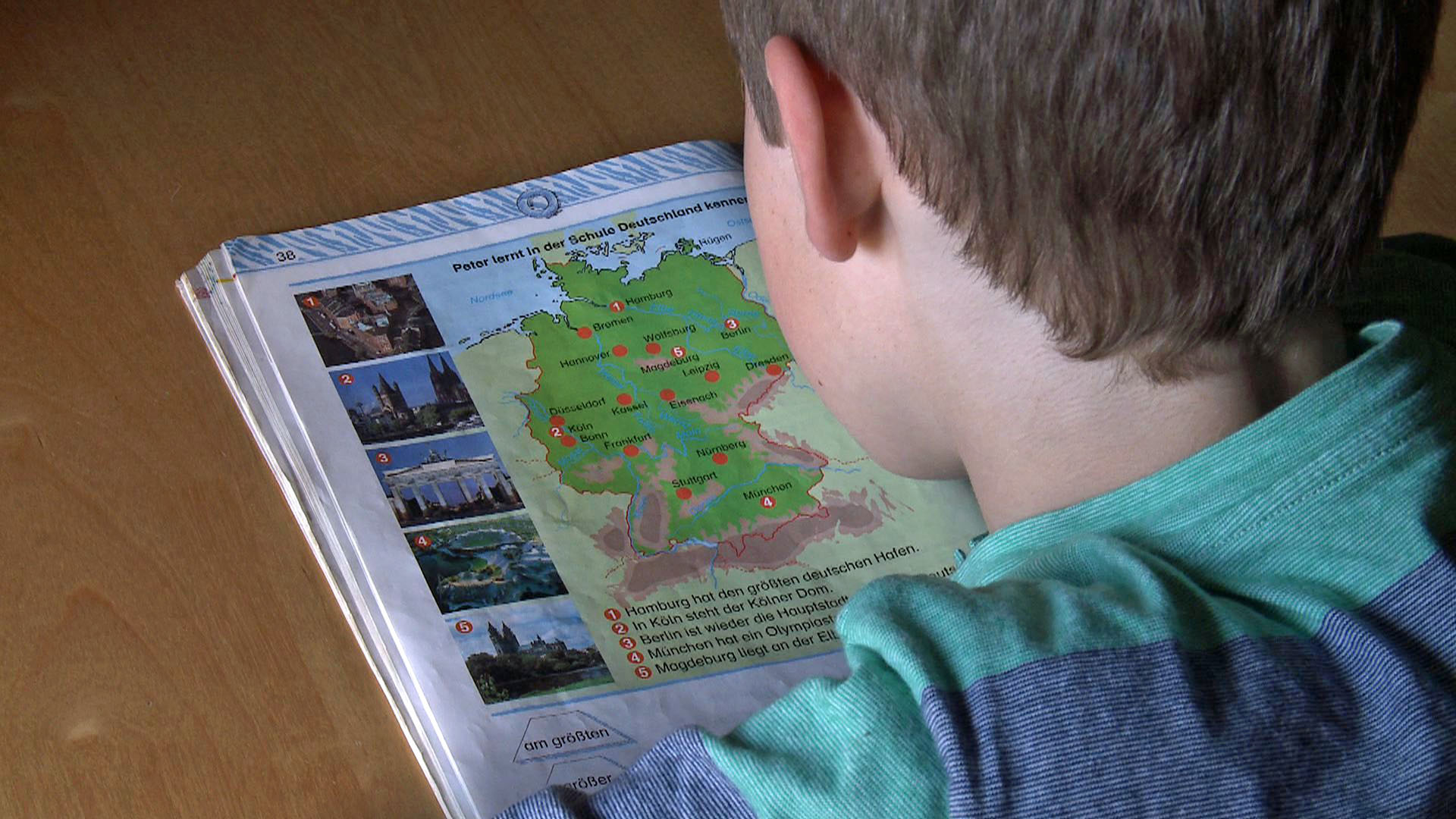Study questions benefits of early English instruction

A University of Zurich study has found that early English learning may not be worth the effort. Its findings come at a key point in Switzerland’s language learning debate.
There is currently much discussion in German-speaking Switzerland about how many languages should be taught at primary schools and which one first: English or the national language French. On May 21,External link voters in canton Zurich are to decide on a people’s initiative calling for primary schools to teach only one foreign language, the latest in a series of cantonal votes on the issue.
In the midst of these heated debates, canton Aargau published a controversial study carried out by the Institute for Education EvaluationExternal link, an affiliate of the University of Zurich. The research showed that early English teaching does not bring the advantages that many believed, according to an article in the NZZ am SonntagExternal link newspaper.
Switzerland is divided into four language regions: German, Italian, French and Romansh. Whereas German is the first foreign language taught in French-speaking regions, much of the German-speaking area currently teaches English – not an official Swiss language – before French.

Initial success
The University of Zurich report compared pupils in the cantons of Aargau, where English is introduced earlier (after three years of primary school), and Solothurn, where it is taught during lower secondary education (after the age of 11). The students in the study were aged around 15.
Initially, the Aargau pupils were found to have done better: more had reached an advanced level of English and most had fulfilled the curriculum’s goals. In canton Solothurn, twice as many pupils did not reach the lowest level in reading and writing for English.
Canton Aargau deemed External linkthose results a success when it published the study on February 28. It said that English was now an established part of primary school curriculum in the canton.
Long-term doubts
However, upon closer evaluation, the Institute for Education Evaluation study casts some doubts as to the long-term advantages of early English teaching.
According to the NZZ am Sonntag, the study’s authors concluded that the extra hours and effort required to teach English at an early age are not worth the end result
The study found that the Aargau pupils were only between six months and a school year ahead of their Solothurn counterparts. This was despite the Aargau pupils having seven years’ worth of English instruction and the Solothurn students just three at the time the research was carried out.
The study comes after the linguist Simone PfenningerExternal link found that students on an upper secondary academic track who started English from scratch soon caught up with those who had learned English early. She concluded that the intensity of the lessons was more important than the age at which learning started or how many years of lessons there had been.
Reaction
Backers of the Zurich foreign languages initiative have welcomed the Zurich study’s results.
They argue that it is better to concentrate on one language at primary school and add a second one later. Pupils will catch up quickly, they say.
Although Zurich’s cantonal education authorities did not comment on the new study directly, they said that they generally believe in the benefits of early foreign language learning.

In compliance with the JTI standards
More: SWI swissinfo.ch certified by the Journalism Trust Initiative













You can find an overview of ongoing debates with our journalists here . Please join us!
If you want to start a conversation about a topic raised in this article or want to report factual errors, email us at english@swissinfo.ch.